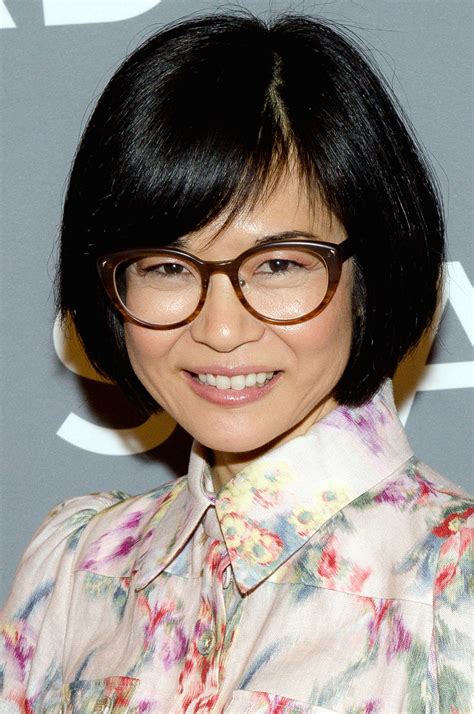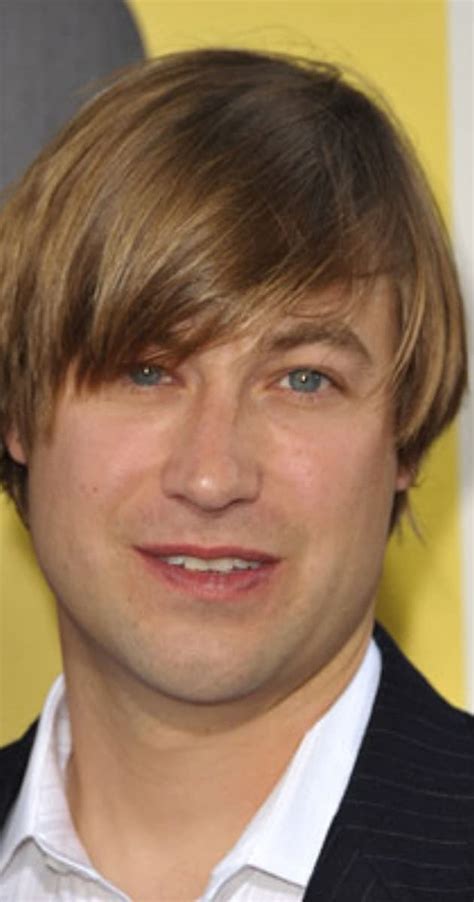A Quote by George R. R. Martin
I don't like the strictly objective viewpoint [in which all of the characters' actions are described in the third person, but we never hear what any of them are thinking.] Which is much more of a cinematic technique. Something written in third person objective is what the camera sees. Because unless you're doing a voiceover, which is tremendously clumsy, you can't hear the ideas of characters. For that, we depend on subtle clues that the directors put in and that the actors supply. I can actually write, "'Yes you can trust me,' he lied." [But it's better to get inside the characters' heads.]
Quote Topics
Actions
Actors
Actually
Any
Because
Better
Camera
Characters
Cinematic
Clues
Clumsy
Depend
Directors
Doing
Get
He Lied
Heads
Hear
Ideas
Inside
Lied
Like
Me
More
Much
Never
Objective
Person
Put
Sees
Something
Strictly
Subtle
Supply
Technique
Them
Thinking
Third
Third Person
Tremendously
Trust
Trust Me
Unless
Viewpoint
Voiceover
Which
Write
Written
Yes
Yes You Can
You Can Trust Me
Related Quotes
I'm a strong believer in telling stories through a limited but very tight third person point of view. I have used other techniques during my career, like the first person or the omniscient view point, but I actually hate the omniscient viewpoint. None of us have an omniscient viewpoint; we are alone in the universe. We hear what we can hear... we are very limited. If a plane crashes behind you I would see it but you wouldn't. That's the way we perceive the world and I want to put my readers in the head of my characters.
I don't think I ever relinquish a person I have known, and surely not my fictional characters. I see them, I hear them, with a clarity that I would call hallucinatory if hallucination didn't mean something else ... A character whom we create can never die, any more than a friend can die ... Through [my characters] I've lived many parallel lives.
Introduce your main characters and themes in the first third of your novel. If you are writing a plot-driven genre novel make sure all your major themes/plot elements are introduced in the first third, which you can call the introduction. Develop your themes and characters in your second third, the development. Resolve your themes, mysteries and so on in the final third, the resolution.
I feel like I've been very lucky with the directors. The characters I've been offered, especially lately, have given me the opportunity to play all of these different women. I always wanted that, and it's something that you cannot do by yourself. If you want to play a diversity of characters, somebody else has to have the imagination to give you a role completely out of the box. We depend on somebody else's trust, and these directors are giving me their trust, and I am grateful for that.
I tend to see my characters from inside and outside at once; this is a technique I use to retain a slight distance. It means my characters can act in unexpected ways on two axes: physical and mental. It isn't just, 'I thought this and then I did this,' which is the technique of the modern psychological novel.
I have always liked kind of outsider characters. In the movies I grew up liking, you had more complicated characters. I don't mean that in a way that makes us better or anything. I just seem to like characters who don't really fit into. You always hear that from the studio: "You have to be able to root for them, they have to be likeable, and the audience has to be able to see themselves in the characters." I feel that's not necessarily true. As long as the character has some type of goal or outlook on the world, or perspective, you can follow that story.
Normally, filmmakers would just write a script and cast people to act as certain characters in the story. But in my way of doing things, I have the actors in my mind already, so I'm trying to borrow something that's unique to them. The characters have a very natural connection to the actors themselves.






































